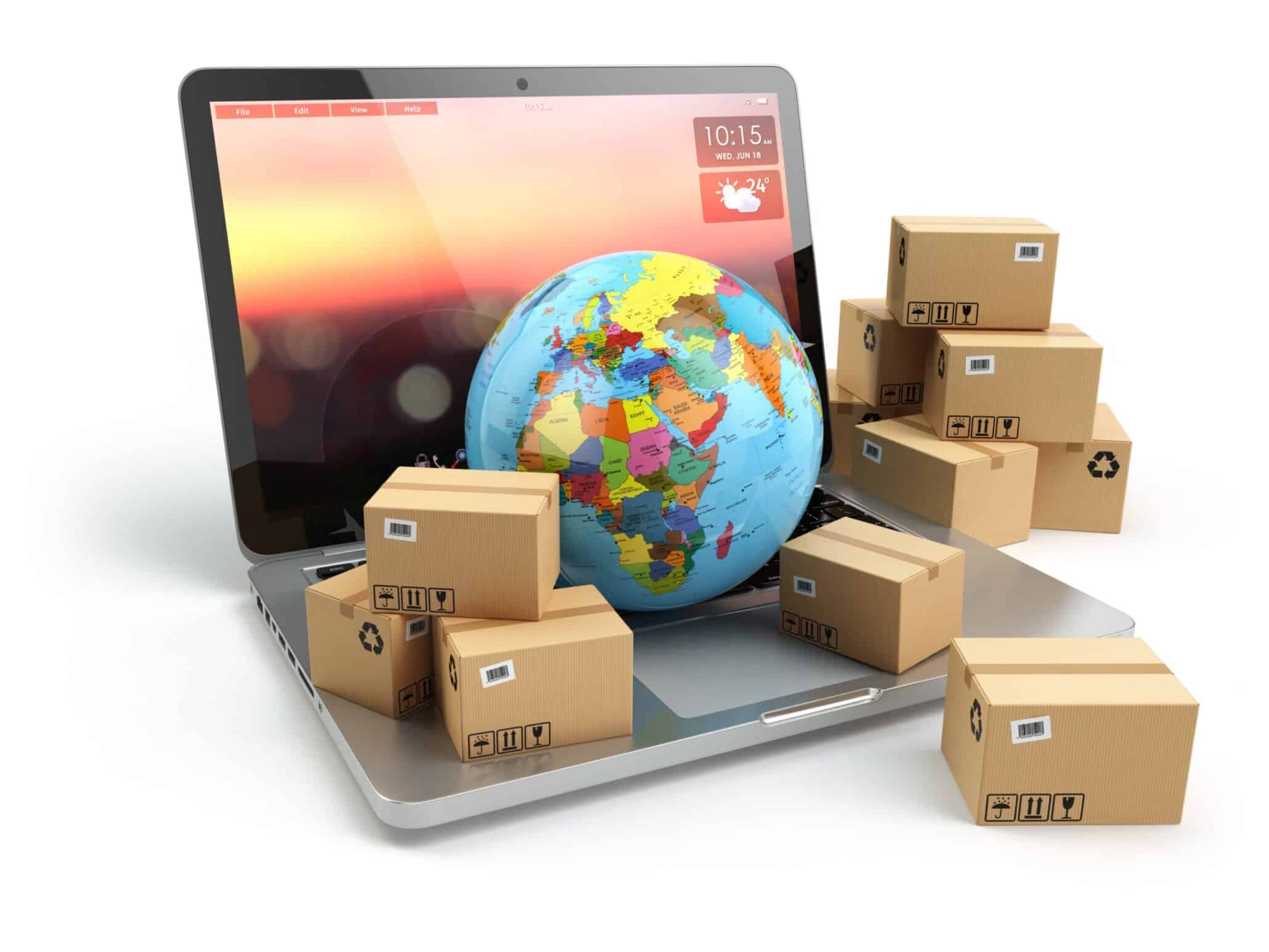15 Essential Tips for Launching Your Own Ecommerce Business in Nigeria
- 64 Views
- Tizzleblog Team
- June 12, 2023
- 3
- Ecommerce News Ecommerce Tips
The ecommerce landscape in Nigeria is burgeoning, offering a plethora of opportunities to budding entrepreneurs. With a significant rise in online buying trends, there’s no better time to launch your own ecommerce business. But, where to start? Here are the “15 Essential Tips for Launching Your Own Ecommerce Business in Nigeria”, providing practical advice for aspiring entrepreneurs.

Identifying Your Niche
Understanding the Market Landscape
To establish a successful ecommerce business in Nigeria, the first step is identifying a niche market. Understanding what consumers want and what’s lacking in the current market can give you the competitive edge. Use online tools, social media platforms, and market research firms to gather actionable data about market trends and consumer behavior.
Choosing the Right Products
Once you’ve identified your niche, it’s crucial to choose the right products that appeal to your target market. What are the current needs and demands of Nigerian consumers? What are they passionate about? Answering these questions can help you curate a product list that resonates with your audience.
See also: How the Pandemic Transformed Ecommerce in Nigeria
Localizing Product Offerings
Catering to Local Tastes and Preferences
Every market is unique, and Nigeria is no exception. Make sure to tailor your product offerings to suit local tastes and preferences. Familiarize yourself with Nigerian culture, fashion, lifestyle, and trends. Offering products that reflect the local culture can help you connect with customers on a deeper level.
Building Trust with Local Suppliers
Establishing strong relationships with local suppliers is equally important. Not only can they provide valuable insights into local market trends, but they can also ensure a consistent supply of quality products. Building trust with suppliers is an essential aspect of localizing your product offerings.
Effective Management of Logistics and Shipping
Streamlining the Supply Chain
Logistics and shipping can be a major challenge for ecommerce businesses in Nigeria. Efficient supply chain management is crucial to ensure timely delivery and maintain customer satisfaction. Use digital tools to streamline your supply chain, track shipments, and manage inventory effectively.
Partnering with Reliable Logistics Providers
In Nigeria, partnering with reliable logistics providers can go a long way in improving your delivery process. It’s essential to ensure that your logistics partner has a good network coverage and can guarantee prompt delivery. Don’t forget to negotiate favorable terms and conditions to keep your shipping costs in check.
Understanding Nigerian Ecommerce Laws and Regulations
Familiarizing Yourself with Ecommerce Laws
Before launching your ecommerce business in Nigeria, it’s important to familiarize yourself with local laws and regulations. Compliance with legal requirements can protect your business from potential legal issues down the line. Consider hiring a legal advisor who can guide you through the complexities of Nigerian ecommerce laws.
Implementing Data Protection Measures
Nigeria has strict laws regarding data protection and privacy. Make sure to implement robust security measures to protect customer data. Be transparent about how you collect and use customer data, and ensure your practices are in compliance with the Nigeria Data Protection Regulation (NDPR).
[aces-casinos-7 items_number=”8″ external_link=”1″ category=”” items_id=”” exclude_id=”” game_id=”” columns=”4″ order=”” orderby=”” title=”Product Categories”]
Harnessing Social Media for Ecommerce
Leveraging Social Media for Marketing
In today’s digital age, social media is a powerful tool for marketing your ecommerce business. Platforms like Facebook, Instagram, and Twitter offer a cost-effective way to reach a large audience. Create engaging content, run targeted ad campaigns, and interact with your followers to build brand awareness and drive sales.
Providing Excellent Customer Service through Social Media
Social media isn’t just for marketing; it’s also an excellent platform for customer service. Quick, responsive customer service can significantly improve customer satisfaction and build loyalty. Use social media to address customer queries, resolve complaints, and gather feedback.
See also: What is the future of eCommerce in Nigeria
Conclusion
Launching an ecommerce business in Nigeria can be a rewarding endeavor. By identifying your niche, localizing your product offerings, managing logistics efficiently, understanding Nigerian ecommerce laws, and harnessing the power of social media, you can lay a strong foundation for your ecommerce venture. Remember, success doesn’t come overnight. Stay patient, be persistent, and keep learning and adapting.
FAQ’s
1. What is the best ecommerce platform for a Nigerian business?
There’s no one-size-fits-all answer to this. The best platform for your ecommerce business depends on your specific needs and budget. However, popular options in Nigeria include WooCommerce, Shopify, and Magento.
2. How can I promote my ecommerce business in Nigeria?
Digital marketing strategies like SEO, social media marketing, and email marketing can be effective in promoting your ecommerce business. Additionally, partnering with influencers and running promotional campaigns can also boost visibility.
3. What are the payment methods I should consider for my ecommerce business in Nigeria?
In Nigeria, the most popular payment methods include bank transfers, credit/debit card payments, and mobile money. Providing a variety of payment options can enhance the customer shopping experience.
4. How can I ensure the security of my ecommerce website?
Implementing secure sockets layer (SSL) encryption, regularly updating your website, and using a secure ecommerce platform can help ensure the security of your website.
5. What are the challenges of running an ecommerce business in Nigeria?
Some of the challenges include logistics and delivery issues, power outages, internet connectivity problems, and consumer trust issues. However, with proper planning and strategy, these challenges can be overcome.
6. How can I handle returns and refunds in my ecommerce business?
Having a clear and fair return and refund policy can help manage customer expectations and build trust. Make sure to clearly communicate your policy to your customers.
Recent Posts
Recent Comments




Comments (3)
How the Pandemic Transformed Ecommerce in Nigeria: A Look at the Past 5 Years - Tizzle Blog
12 Jun 2023[…] See also: 15 essential tips for launching your own eCommerce business in Nigeria […]
Understanding the Nigerian Ecommerce Customer: Top 5 Consumer Trends to Know - Tizzle Blog
12 Jun 2023[…] See also: 15 essential tips for launching your own eCommerce business in Nigeria […]
Ecommerce Logistics in Nigeria: 7 Strategies for Overcoming Delivery Challenges - Tizzle Blog
12 Jun 2023[…] See also: 15 essential tips for launching your own eCommerce business in Nigeria […]